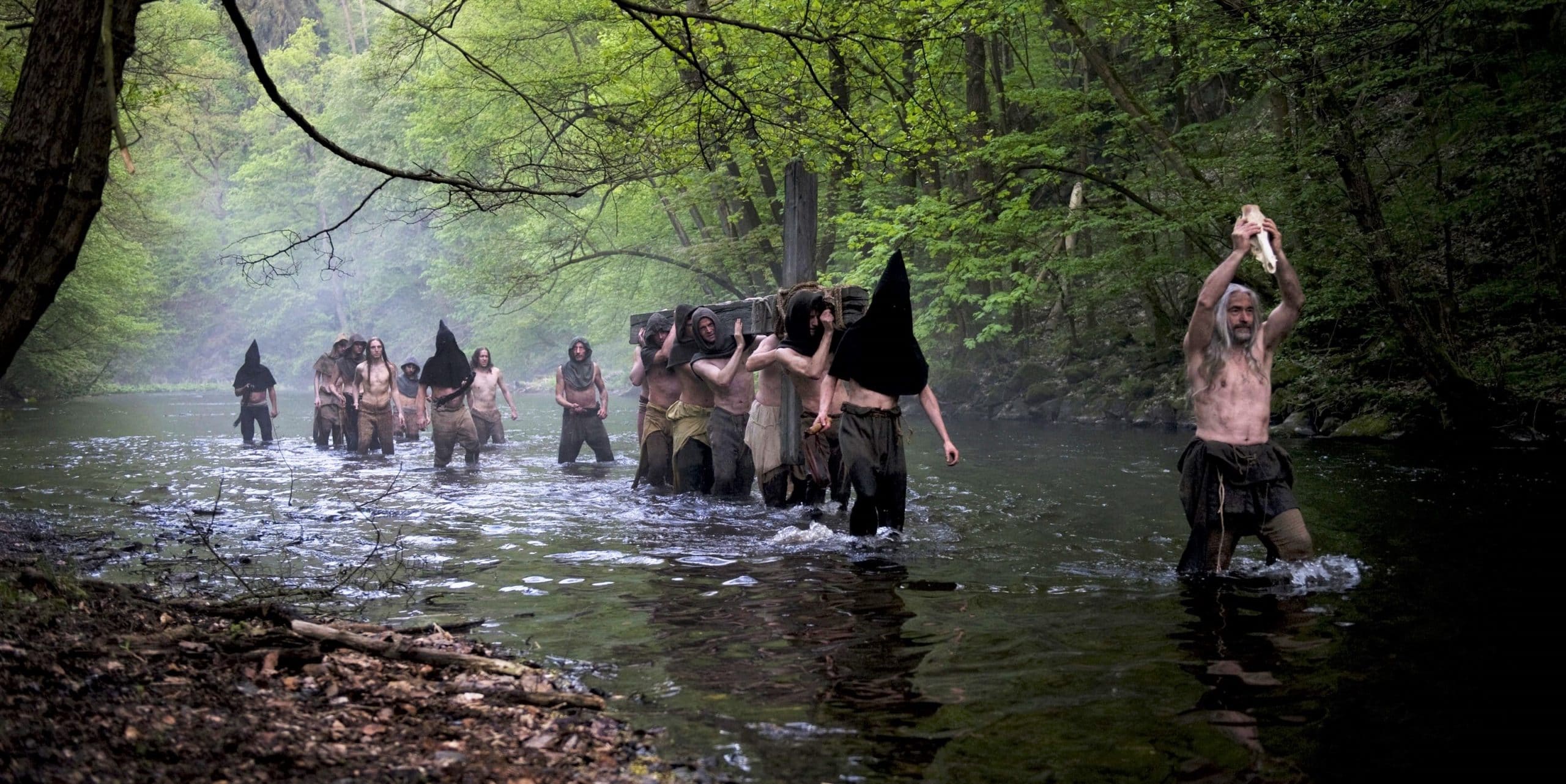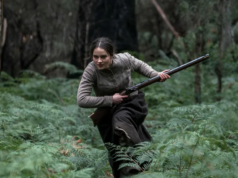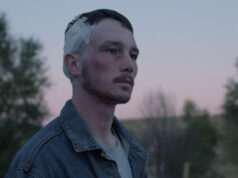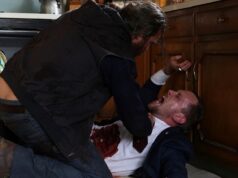Bleak, intelligent and thought-provoking, this unfairly neglected blend of medieval drama and horror should have gotten a lot more attention than it did
Black Death (2010)
Directed by Christopher Smith. Written by Dario Poloni and Christopher Smith (uncredited). Starring Sean Bean, Eddie Redmayne, Carice van Houten, John Lynch, Tim McInnerny, Kimberley Nixon and Andy Nyman.
In times of Game of Thrones, Black Death could have been a success. Now that the HBO series is one of the most watched television shows at the moment, it is hard not to look back at this nearly-forgotten German-British gem from 2010 and think that, had it been released today, it would have probably not become the box-office flop that it turned out to be. By all standards, Black Death had an insignificant revenue in Germany ($242,764), the UK (£128,668) and even the USA ($22,554). But with the recent revival of the medieval fantasy subgenre propelled by Game of Thrones, things could have been quite different, and the fact that it stars not one but three veterans of that TV show makes everything all the more ironic.
Directed by Christopher Smith (Triangle), who also made uncredited rewrites on Dario Poloni’s script, Black Death takes place in 1348 AD, during the first recorded outbreak of the bubonic plague in England, which hit Europe in 1347 and decimated a third of its population. Osmund, played by Eddie Redmayne, is a young monk who doesn’t show symptoms of the disease and refuses to believe like the others that the plague is God’s punishment for the sins of mankind. When a group of knights led by Ulric (Sean Bean) arrives at the monastery with orders from the Bishop to take a monk as a guide through the forest, Osmund volunteers to join, believing this to be a sign from God. Their mission is to find a remote village mysteriously untouched by the plague and capture a necromancer who seems to have the power to bring the dead back to life.
Combining in the same film ugly scenes of dirt, pestilence and human decay with stunning visual compositions in which we can see the light path as it penetrates the crowns of trees and the slightly smoked up rooms of the monastery, Smith creates something that strongly resembles the evocative aesthetics of Game of Thrones, only his movie was made one year before the series even began. It is a curious choice, to make a film that looks so strikingly bleak and yet gorgeous like a painting, but it certainly works, as it evokes the horrors of the Middle Ages in a sophisticated package. This is somehow reflected in the equally unobtrusive way that his narrative blends medieval drama and what appears to be a supernatural force at work.
But if all that is enough to raise comparisons with the series (which is not really fair since the movie came before it), they become almost inevitable when we see Sean Bean, Carice van Houten and Emun Elliott starring in the same production together. Bean, the embodiment of honor, plays a character not so different from his Ned Stark in Game of Thrones, that is, a man of strong convictions and willing to fight for what is right. Here, however, his Ulric is a pious knight who believes that God’s rage must be appeased and evil destroyed at all costs in His holy name. In other words, a typical medieval warrior who uses his god as a weapon to commit barbaric acts that wouldn’t be committed otherwise, believing them to be for the greater good.
On the other end of the spectrum is Langiva (Carice van Houten), a beautiful woman with a personality diametrically opposed to that of van Houten’s Melisandre in Game of Thrones. She welcomes the knights into her disease-free village but is visibly upset by their piety, even mocking their faith in a revealing scene — and her twisted motivations couldn’t be more intriguing once we figured them out. But the true protagonist is definitely Osmund, whose faith is conflicted (due to his secret love for a woman who wants to run away with her) and tested as he is confronted with the fear that everything in which he believes is a lie. We follow the movie through his eyes and discover with him that there are things that can be much more terrifying than demons and necromancers.
This brings us to the thematic core of Black Death — and if you haven’t seen the film yet, I suggest you skip this paragraph if you don’t want to see spoilers. To put it bluntly, this is a very simple movie centered on characters who are essentially archetypes. Smith, as I mentioned before, made many significant changes in the original script, mostly in its second half, and did so in order to offer an entirely grounded resolution to the story by removing every single supernatural element from it. His intention was clearly to turn it into a morality study, which is a pretty bold move. The result is a challenging piece that raises disturbing questions about a worse kind of evil, one that resides within ourselves and is driven by the ugliness of religious fundamentalism.
And because of that, Black Death is an unfairly neglected film that should have gotten a lot more attention than it did. It is intelligent, thought-provoking and doesn’t cater to the obvious expectations of any audience — especially those who love this kind of medieval action-horror production for the blood and gore. But if you are open-minded, this should certainly be a most rewarding experience.





